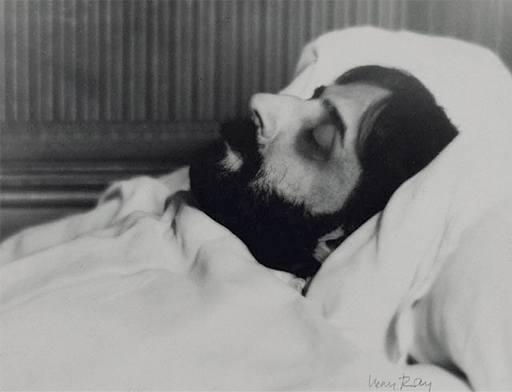
Proust and Signs: The Complete Text
by Gilles Deleuze
Richard Howard (Translator)
Paperback: 160 pages
Publisher: University of Minnesota Press (2004)
In the 1972 edition of this book, which makes up the first part of this title, Deleuze examines signs emitted by persons and events in Marcel Proust's In Search of Lost Time. In one interesting chapter, "The Secondary Role of Memory," Deleuze illustrates how voluntary memory interprets inaccurately the signs to be deciphered. The jealous lover, for example, cannot accurately decipher the deceptions of his beloved. The second part of Deleuze's book is an addition to the 1972 edition. Here, Deleuze demonstrates how Proust's book, because of the multiplication of signs, becomes a literary machine, really three literary machines: of partial objects or impulses, of resources, and of forced moments. According to Deleuze, Proust or the narrator is the "universal schizophrenic" whose signs weave a spider web by sending out threads to the paranoiac Charlus and the erotomaniac Albertine, all "marionettes of his own delirium" or "profiles of his own madness." This is not easy reading, but the book will prove to be very useful to literary critics or comparativists.DBob Ivey, Univ. of Memphis
Copyright 2000 Reed Business Information, Inc.
Book Description
In a remarkable instance of literary and philosophical interpretation, the incomparable Gilles Deleuze reads Marcel Proust's work as a narrative of an apprenticeship-more precisely, the apprenticeship of a man of letters. Considering the search to be one directed by an experience of signs, in which the protagonist learns to interpret and decode the kinds and types of symbols that surround him, Deleuze conducts us on a corollary search-one that leads to a new understanding of the signs that constitute A la recherche du temps perdu.
In Richard Howard's graceful translation, augmented with an essay that Deleuze added to a later French edition, Proust and Signs is the complete English version of this work. Admired as an imaginative and innovative study of Proust and as one of Deleuze's more accessible works, Proust and Signs stands as the writer's most sustained attempt to understand and explain the work of art.
at deathbed


No comments:
Post a Comment